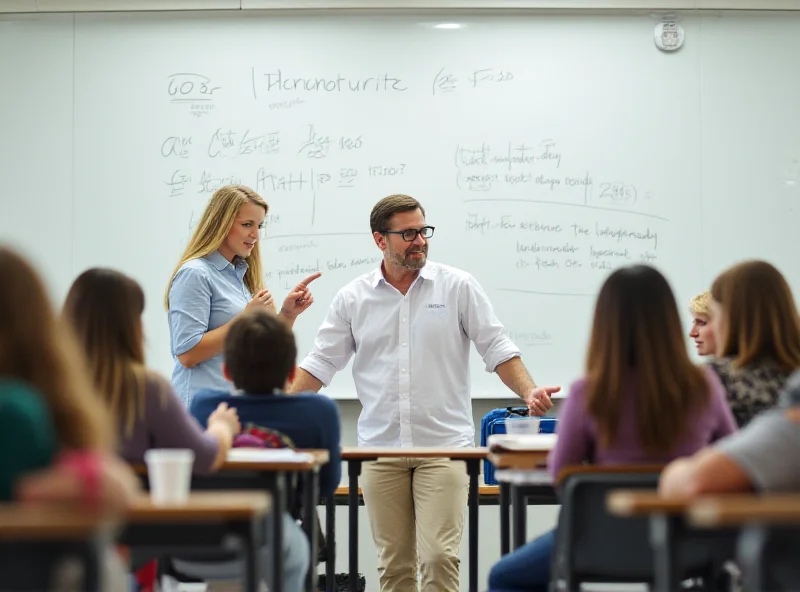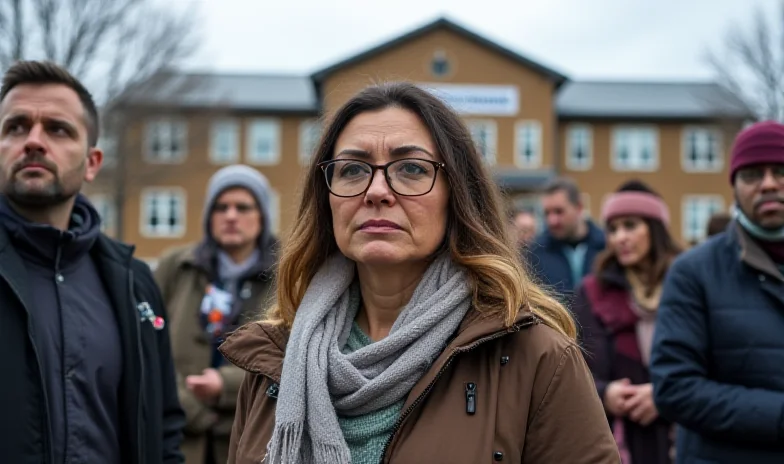A recent decision by a school to mandate students drop a General Certificate of Secondary Education (GCSE) subject has ignited a firestorm of controversy, leaving parents fuming and questioning the school's rationale. The school maintains that the change was necessary to alleviate the workload and stress experienced by students, but many parents are branding the move as fundamentally unfair.

The School's Position
The school's administration argues that students were feeling excessively pressured and overworked. By reducing the number of GCSEs taken, they aim to improve students' overall well-being and academic performance in their remaining subjects. "We believe this decision is in the best interest of our students' mental health and academic success," stated a school spokesperson.
However, this explanation has done little to quell the rising tide of parental anger.
Parental Backlash
Many parents feel blindsided by the decision, arguing that their children were perfectly capable of handling the workload. They see the forced dropping of a GCSE as a disadvantage, potentially impacting future educational and career opportunities. One parent stated, "My child was excelling in that subject! Now, they're being penalized for the school's perceived problem."

The controversy highlights a growing debate about the pressures faced by students in the modern education system. Are schools adequately supporting students to manage a demanding curriculum, or are drastic measures like dropping subjects the only solution? The answer, it seems, is far from clear.
Looking Ahead
The situation remains tense, with parents demanding further explanation and reconsideration of the decision. It's a reminder of the delicate balance between academic rigor and student well-being, and the importance of open communication between schools and parents. The long-term impact of this controversial move remains to be seen.

"This isn't about easing the workload; it's about lowering expectations," one angry parent exclaimed.
The coming weeks will likely see further discussions and potentially even formal complaints as parents seek to overturn the school's decision. The case serves as a cautionary tale about the potential pitfalls of top-down educational policies and the critical need for parental involvement in key decisions affecting their children's future.
